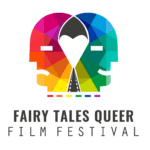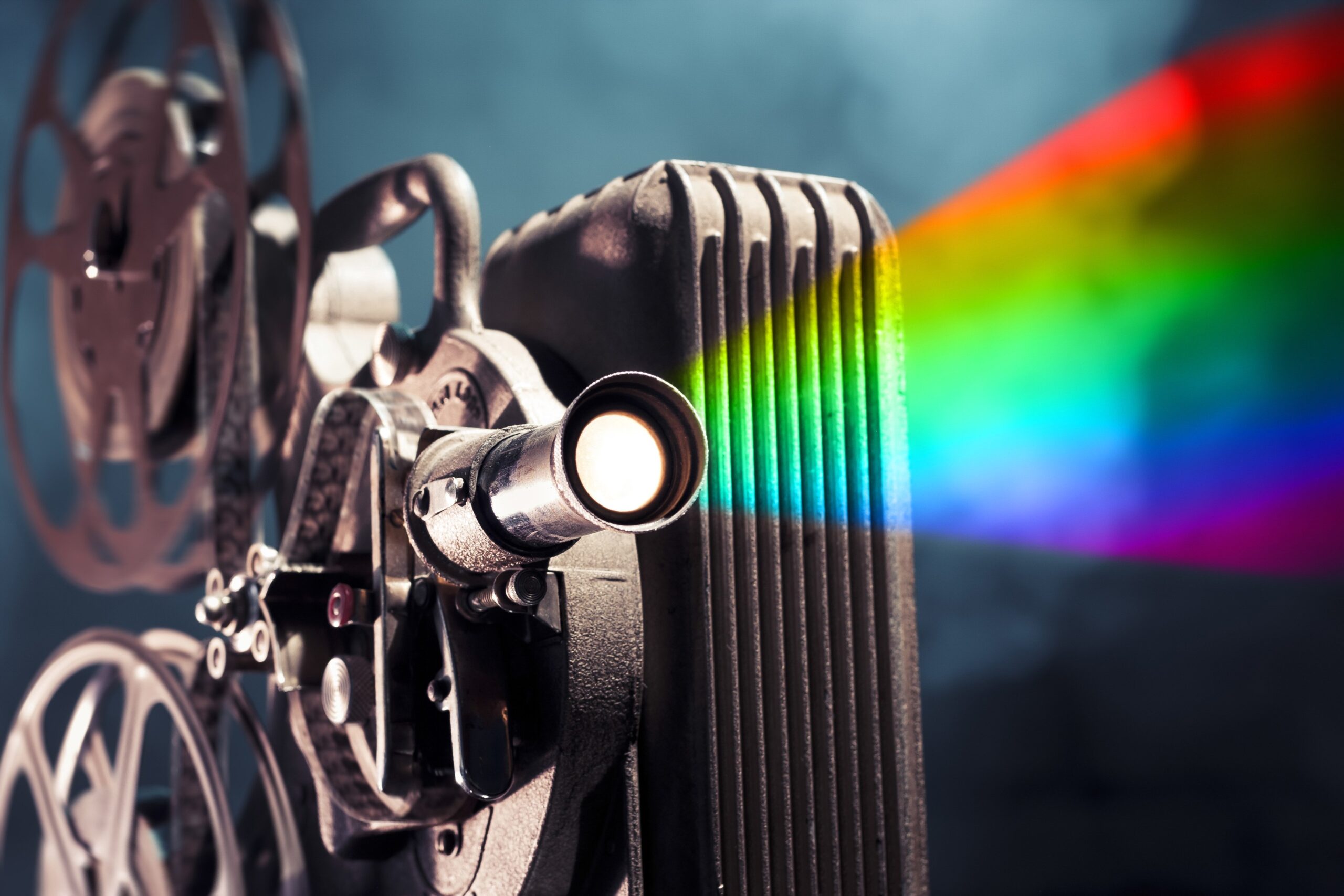This content was created by Xtra’s branded content team alongside the Fairy Tales Queer Film Festival, separate from Xtra’s editorial staff. The 20th annual Fairy Tales Queer Film Festival is presented by Calgary Queer Arts Society from May 25–June 2, 2018.
What do you call a room full of gay men, lesbians, bisexuals, two-spirit, and trans people? No, it’s not the start of a bad joke, it’s a regular Monday meeting of the Fairy Tales Film Festival programming committee. According to the festival’s executive director, James Demers, these weekly meetings are a rare example of folks from across the spectrum getting to talk with each other about “the intricacies of their experiences and how they are or aren’t represented in the films we’re watching.”
The first time Demers saw an LGBT person on screen, it was in the movie Boys Don’t Cry. “I was 12 and didn’t realise that I was trans yet,” Demers says. “I knew that I related to Brandon as a character [and] it was impactful and incredibly important.
Demers went on to watch classics such as But I’m a Cheerleader, Desert Hearts and Rocky Horror Picture Show. “I just got my hands on as many as I could,” he says. “I was looking for queer culture. I knew that I was queer from a young age and I was living in a very, very, very repressive home, and so I was desperate for anything.”
Demers notes that things seem to be getting better for LGBT representation in mainstream media. “I think we’re seeing more accurate and diverse queer representation in avenues where there isn’t a dependence on commercial advertisers,” he says.“Netflix [is a] perfect example. It was allowed to do and make things that would never be picked up by TV because it doesn’t titillate a heterosexual audience, theoretically.”
Demers name-checks The Celluloid Closet by Peter Rousseau and talks about the impact of the Hays Code in Hollywood and beyond. He brings this understanding to his work at OUTReels, and has no doubt about the impact on a person who sees characters on screen with whom they identify. “You get a lot of parents and advocates who are driving kids eight and 12 hours from small towns to wherever you are, just so they can have the experience,” he says.
Founded in 2011 under the name Reels on Wheels, OUTReels is a Calgary-based diversity educational program that brings LGBT films to audiences which might otherwise not be exposed to queer media. Through OUTReels, Demers currently runs four annual programs covering six key areas: Coming out and family connections; LGBT seniors work; LGBT sports; trans and non-binary 101; faith communities; and schools. “We’re a little bit everywhere,” Demers says, “but we do a lot more corporate and employer training than school programming.”
It’s not unusual for OUTReels to host workshops or film screenings for correctional officers, nurses, doctors, teachers, insurance companies, banks or the City of Calgary
The organization also works provincially with youth groups and community groups, showing a movie and then encouraging critical discussion, including at eight small-town Prides last year. “We take a mini film festival and OUTReels combo to small-town communities and small-town Prides and show movies about issues that that particular community is facing.”
“I’ve definitely had people book OUTReels sessions passive-aggressively, to needle co-workers, which they only tell me after,” Demers says, laughing. He recognizes, though, that without this initial invitation these conversations might not get started. “I wouldn’t ever have access to that insurance company or correctional facility if it wasn’t for one person who’s like, ‘Nope, you need to do some learning.’”
“I think people are starting to learn about allyship as a verb and they want someone to ask their questions to,” Demers says. “And not every activist or organisation has the capacity at every moment to answer every question, but we do. So, as a resource, we’re just like ‘send them to us, we’ll do it, we’ll find a way, we’ll make time.’”
Some of the movies likely to make it from the festival into the OUTReels catalogue this year include: Two Soft Things Two Hard Things, Reel Boy, and Girl on Girl.
As a diversity education program, OUTReels is steadily helping to improve recognition of LGBT people across Alberta. “In small towns, there’s that rumour-mill accountability that happens, so it’s sort of remarkable. If you teach five people in a small town, that knowledge is going to be transferred so rapidly that you’ve covered the town,” Demers says. “They get to do the education on their own steam with their own friends, so it can be really effective.”
“It’s an interesting way of doing diversity education,” he adds. “We use the film as the third-party conversation piece in order to facilitate education, so the person who has just come out doesn’t have to be the library for their entire congregation [or other community]. We do that for them.”
OUTReels
fairytalesfilmfest.com/outreels/


 Why you can trust Xtra
Why you can trust Xtra